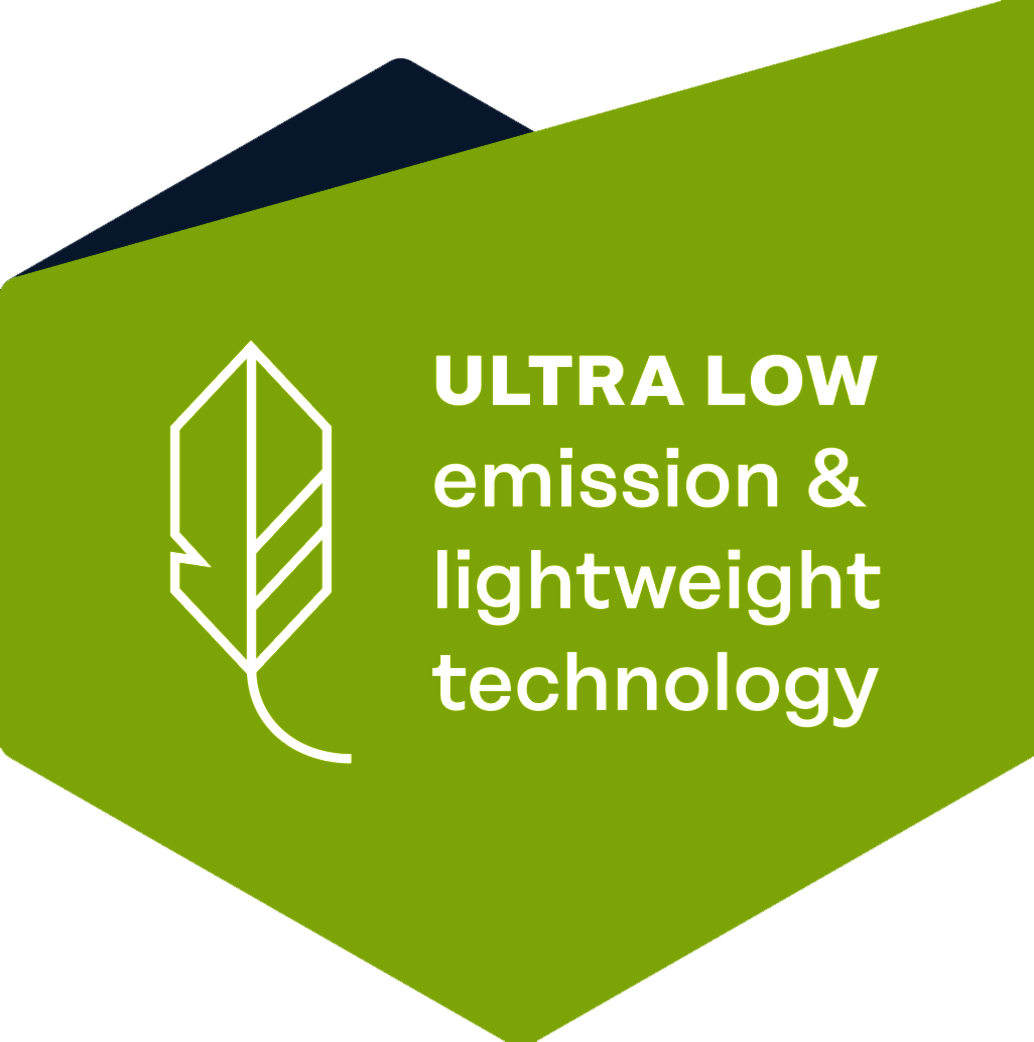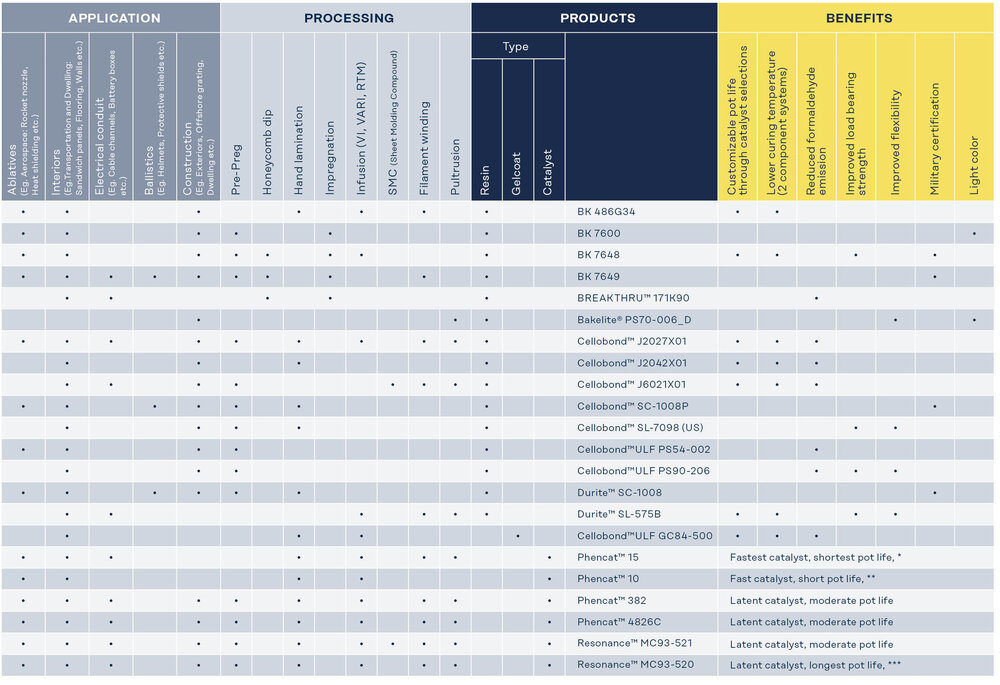Bakelite® Phenolic Resins for Composites
ABLATIVES / INTERIORS / ELECTRICAL CONDUITS / BALLISTICS / CONSTRUCTION
Bakelite® products are used around the globe as a primary component of FRP composites. FRP composites are used to replace steel, aluminum, and wood in a wide range of applications. Composites offer numerous advantages over other materials due to their lower density, better corrosion resistance, strength, inherent fire resistance, durability, and inherent ability to withstand high temperature environments with less weight than those materials.




